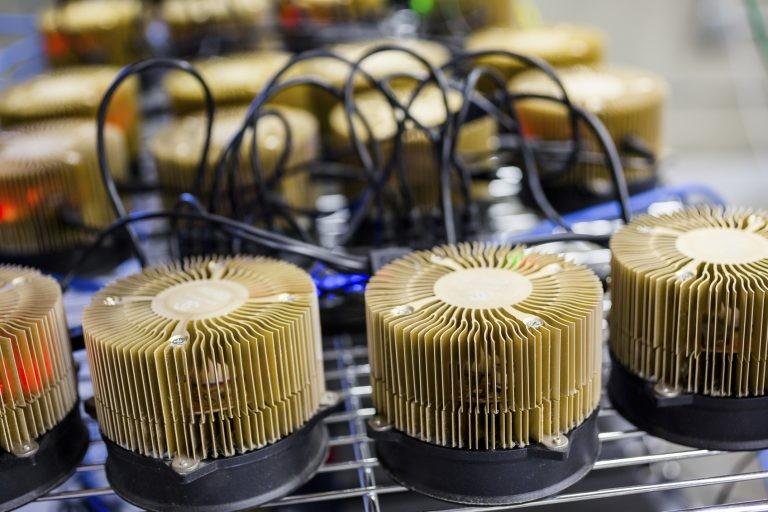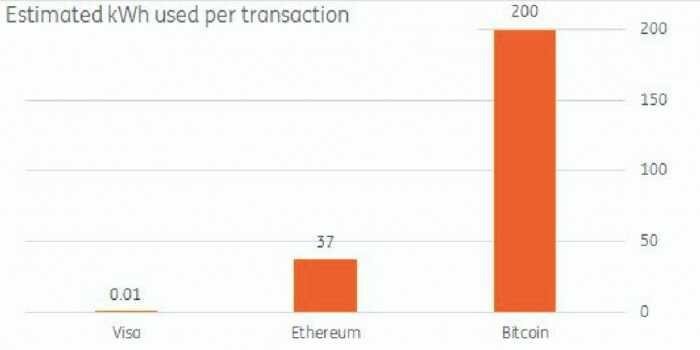Bank of Netherlands Suggests Mining of Bitcoin Consumes Too Much Electricity
According to an article published by Business Insider, the Dutch bank ING recently published a study showing that bitcoin mining consumes too much electricity. The report claims that single-chip transactions consume home as much electricity in a full month, and compare it with the number of traditional electronic payment methods consumed per transaction.

In the article, senior economist ING Teunis Brosens explains that the use of bitcoin power is very high because it needs to verify expensive business transactions, to make fake transactions expensive for those who try to misuse bitcoin, and adds that verifying transactions requires "a lot of processing personnel and thus electricity. "
Brosens went on to compare his consumption with his home in the Netherlands. He has stated:
"This amount needs some context, 200kWh is enough to run more than 200 wash cycles.Actually, it's enough to run my entire house for four weeks, which consumes about 45 kWh per week at a cost of € 39 from electricity (with the current Dutch consumer price this). "
According to the ING study, bitcoin consumes a much greater amount of electricity than traditional electronic payment methods such as Visa. Per chart published in Business Insider, Visa takes about 0.01 kWh (10 Wh) per transaction, while bitcoin requires 200 kWh.


Things are not that simple
The Dutch bank cut is not entirely accurate, and ignores several factors that can easily solve future problems. For one, according to a blog post published by Webonanza in 2015, banks consume more energy than bitcoin miners if we take into account what it takes to run their systems.
The blog post shows that the top 20 banks in the US consume 2628 MW, while bitcoin networks consume only 246 MW at the time of the article. It reads:
"So the top 20 bank offices in the US alone consume 2628 MW.One might argue what value, if any, these organizations give to the world's citizens for this energy consumption (and carbon footprint), especially given the bailout funds, and they just open some hour per day, on 'bank day'. "
In addition, by 2016, the BBC revealed that 70% of the bitcoin hashrate is based in China, a country where most of the electricity is generated by coal combustion. This creates a huge carbon footprint but, as Andreas Antonopoulos once said, Chinese miners simply turn the electricity they produce into money, turning bitcoin into a kind of "energy storage mechanism."
Finally, bitcoin miners compete with each other and are given an incentive to cut costs as much as possible in order to remain profitable. In the long term, miners can turn to renewable energy sources to ensure they can survive. HydroMiner, a crypto mining company based in Vienna, uses hydropower to reduce electricity costs, for example.

No comments